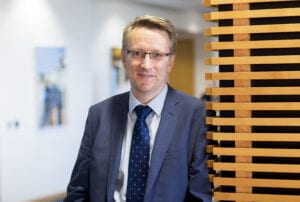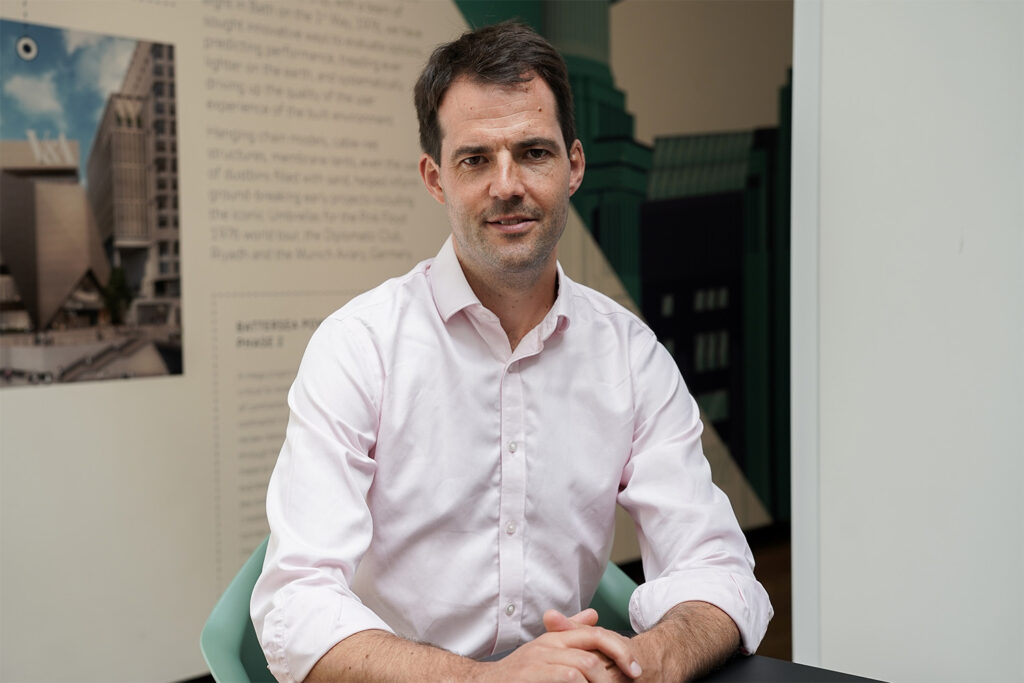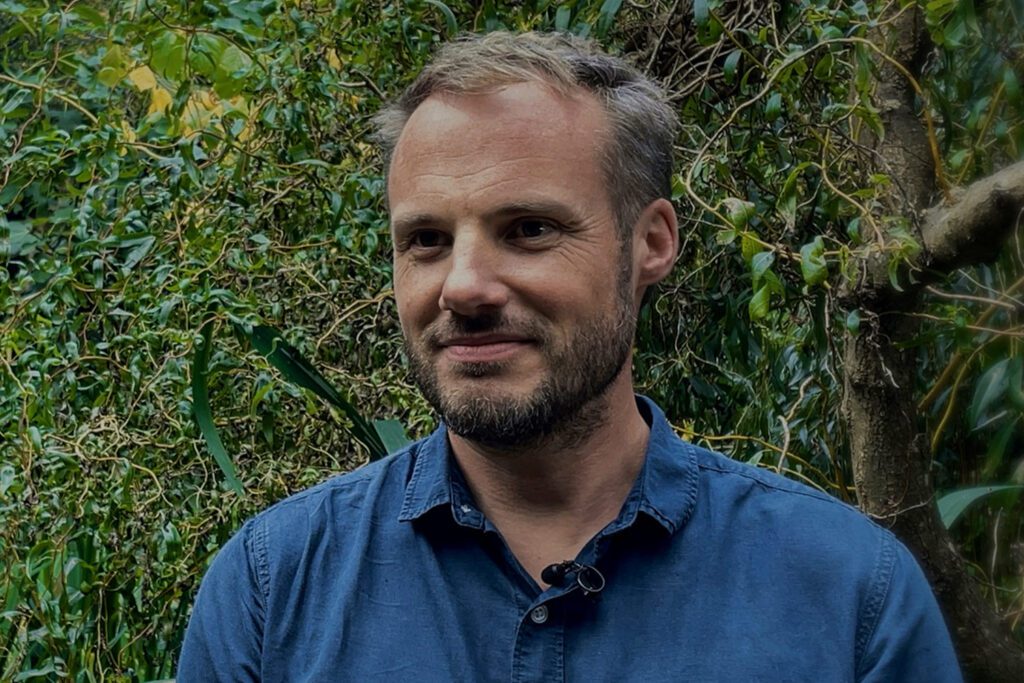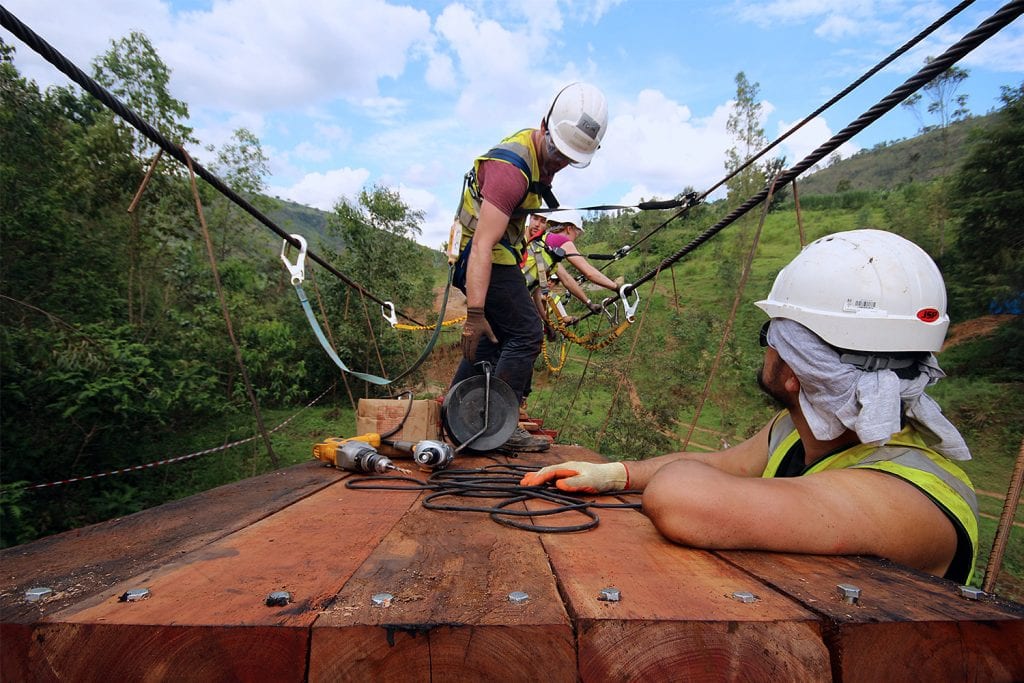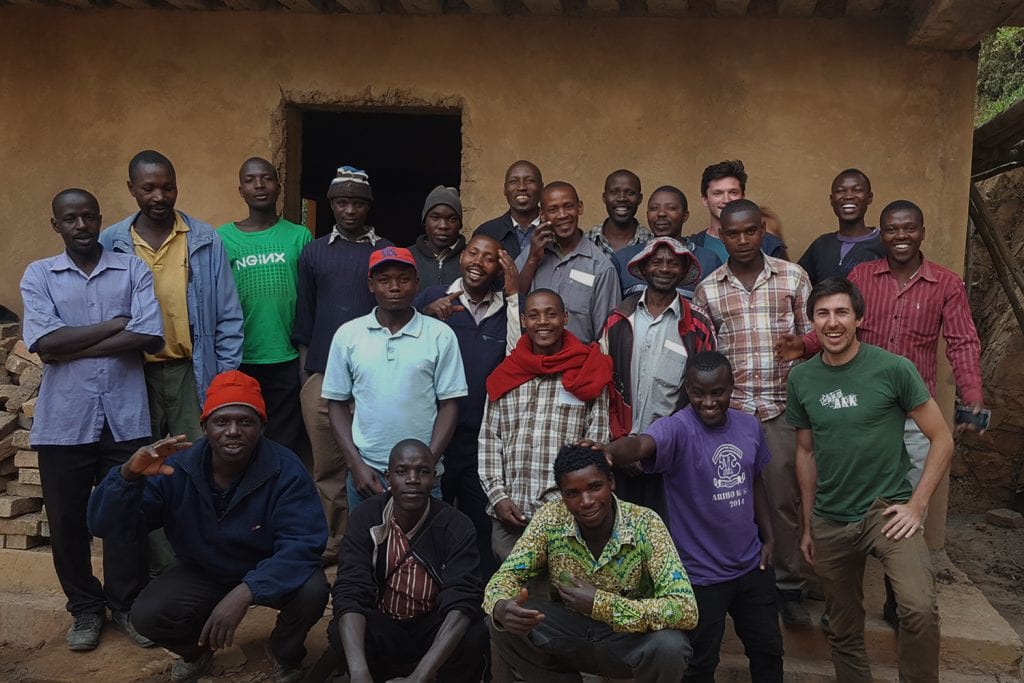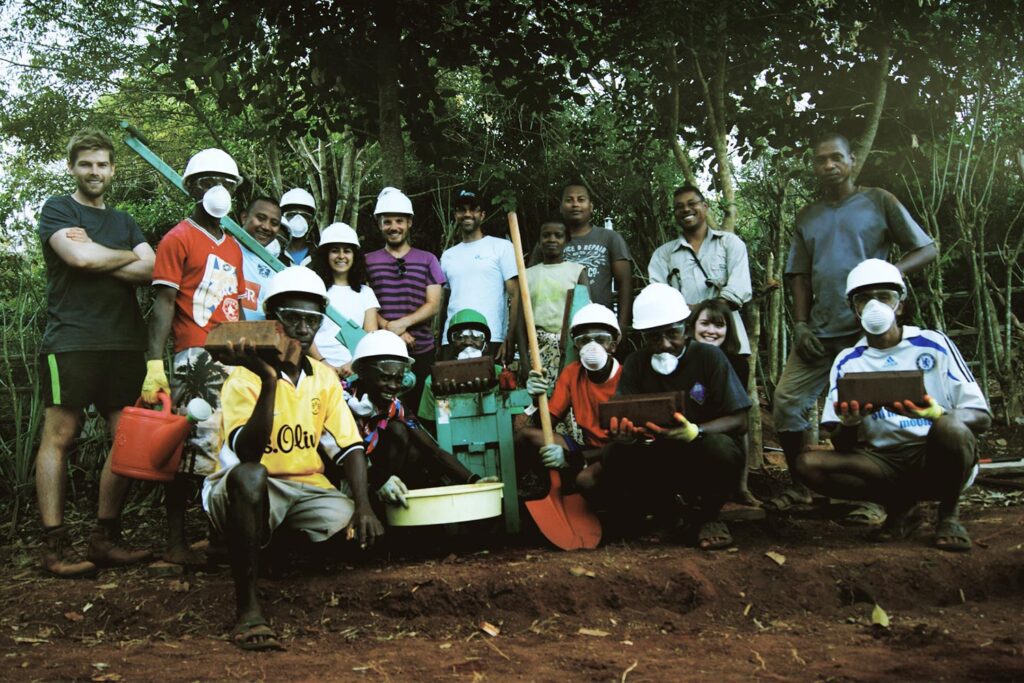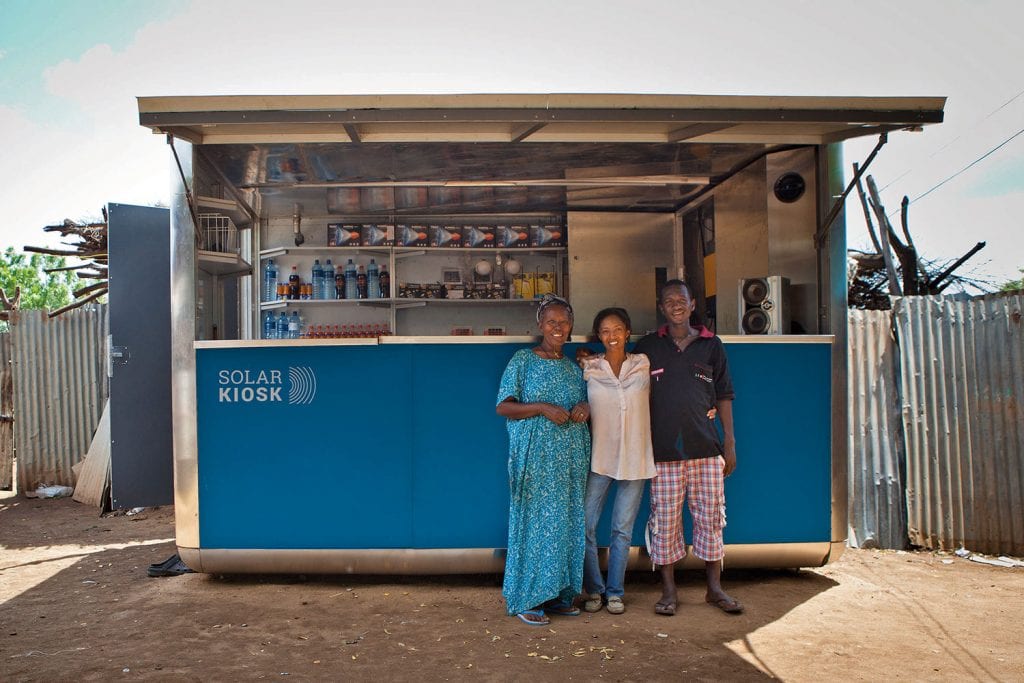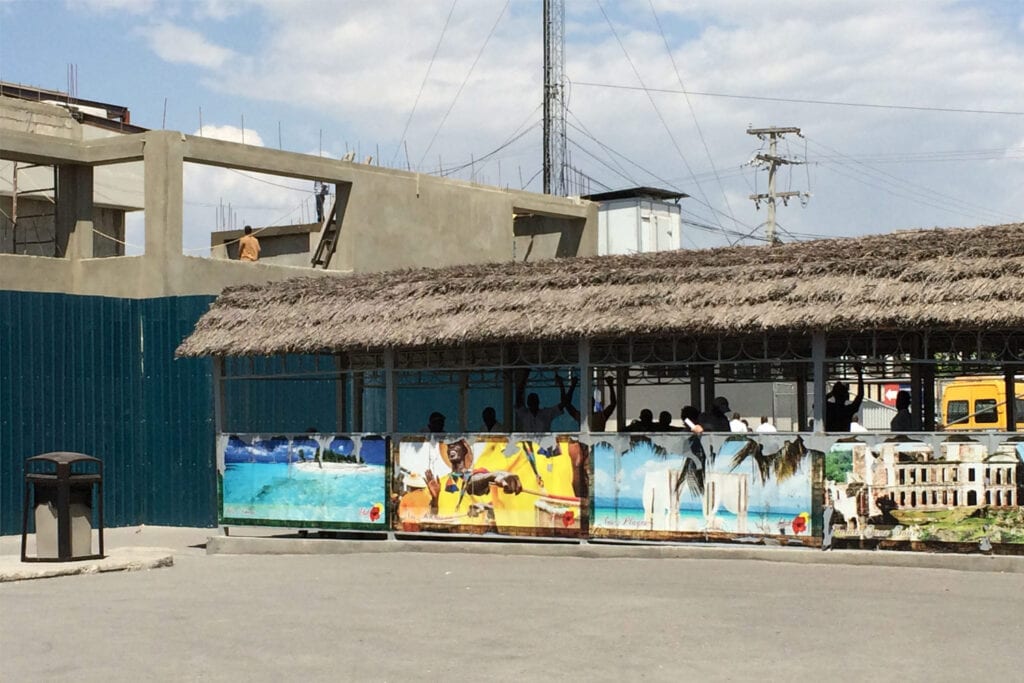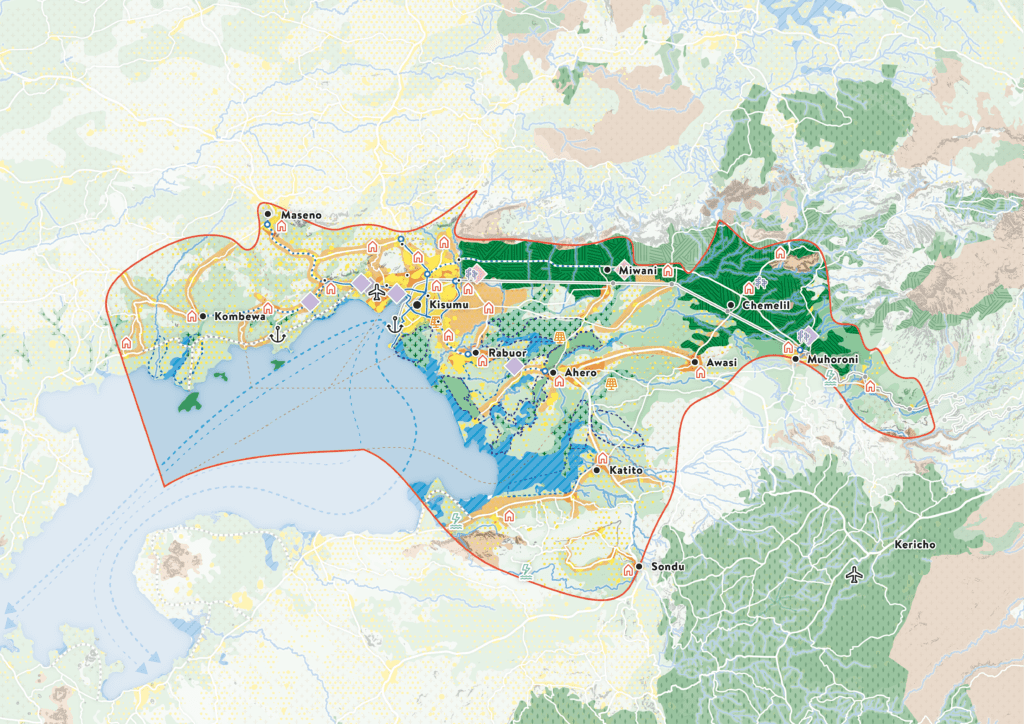Answering the SOS: engineering solutions for the world’s challenges
Engineers often go into their chosen field because they have an inherent instinct to want to change the world for the better.
This sense of improving upon the status quo, is at the heart of all the world’s great innovators, and at Buro Happold, our worldwide community of engineers, advisors and consultants are given the opportunity to devote some of their time to good causes around the world.
The Share Our Skills (SOS) initiative allows employees to carry out non-fee-paying project work during regular work time. The aim is to support those who want to offer their skills and experience to those who need it most. Buro Happold employees can apply for a share of an annual ‘time-pot’ to carry out the work required for a suitable project.
Established in 2014, Share Our Skills annually awards 200 staff days to support our employees in making such initiatives happen all over the world. Every six months, our people are invited to submit project proposals to the SOS committee. The initiative enables employees to pursue their passions, make a positive contribution to society as well as apply their skills in challenging environments.

Sam Youdan, Associate Director in our Structures team, has spent time both in Zambia and Malawi, working on charity-focused projects during his time with the company.
In Zambia, he has worked on the Build It International charity’s project to develop a Centre for Excellence, near Lusaka. So far, Build It has trained over 1400 unemployed Zambian men and women in a diverse range of construction skills and will train a further 280 young people in 2022. These new skills mean new opportunities for young people to find work, earn a living and provide for their families.
I first got to know Build It back in 2015, through an invite from the Happold Foundation to attend a breakfast meeting. A few months later, I was out in Zambia with them, looking at this site through an initial Share Our Skills application. Then over the years colleagues from across the business have spent time out there on the project each year. Over that seven-year period they have built ten buildings on the site, and we have also helped them develop their technical details in the background.
Sam Youdan, Associate Director, Buro Happold
In 2010, he took a year-long sabbatical to volunteer with Krizevac Project, a UK-based charity that has created a vocational training school in Blantyre in southern Malawi, to train local people and to help them set up small local enterprises. Many of these enterprises have been successful and they now employ more than 300 people, helping to build the local economy from the ground up.
The profit generated from these enterprises is fed back into the centre and is being used to help fund an expansion of the facility, including new workshops, a children’s centre, and offices. Youdan spent a year as the chief engineer for the charity, providing brief development, engineering design and construction supervision services for all construction work.

First principles
In recent years the campus has been extended and Buro Happold engineers have been able to spend time on site supporting the new developments via the SOS programme.
“Technically these projects aren’t as challenging as some of the work we do elsewhere, but you have a different set of constraints to work to,” he explains. “You go back to your first principles, thinking – What is it you’re trying to do? Why are you trying to do it?
“From a personal point of view, it was an amazing experience to be both in Malawi for a year and being in Zambia, even though it was only for ten days. It was fantastic to be out there, seeing the impact these projects have had and continue to have. But it’s also about the experience of being taken out of your comfort zone. I got a huge amount of personal development from that point of view.”
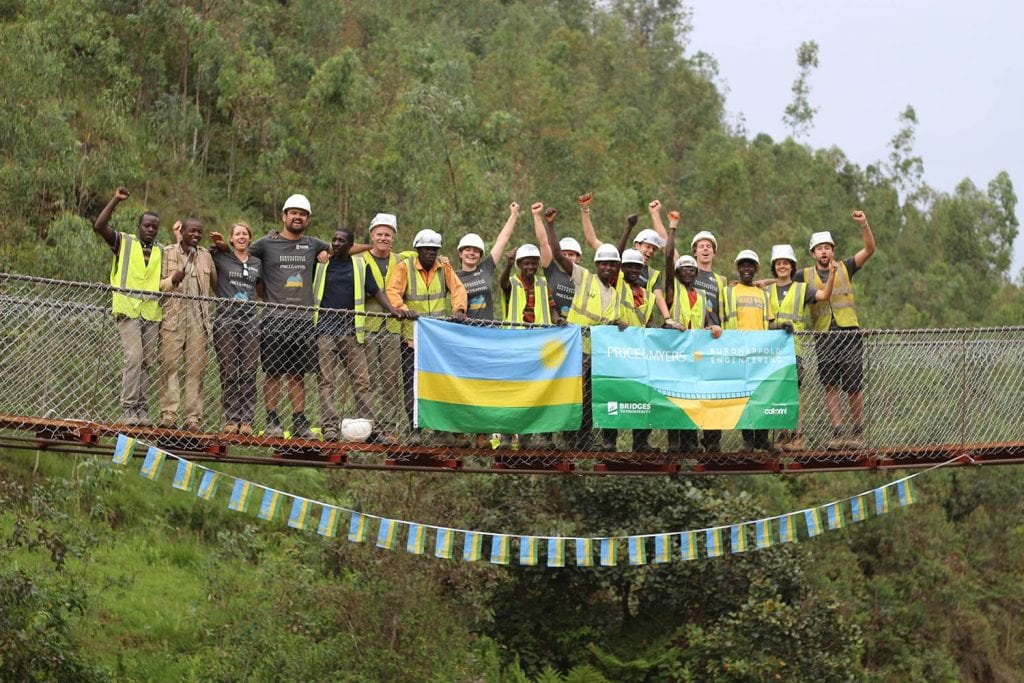
Deborah Smith, a Senior Structural engineer at Buro Happold, also visited Zambia on sabbatical in 2017 to support the ongoing working on the Build It International Centre for Excellence campus.
She says: “Just to live in a different country is an amazing experience – to experience the different geography, seasons, cycles and cultures. It’s an opportunity to get to understand how other people work and live. It was a great experience for me in terms of construction as well, because I was given quite a lot of responsibility as site manager. That involved me doing a lot of roles to do with management and procurement, and health and safety – things that I wouldn’t have had the opportunity to do as part of my role here in the UK.
“It’s also an opportunity to work under a different kind of pressure,” she adds. “When you’re there on site and you need to find solutions that day it’s a very different kind of pressure. So the whole thing was very much a two-way learning experience. “
Working on a different scale
An Engineer in our Cities Infrastructure team, spent two weeks working in Madagascar through the SOS scheme, to provide engineering support for a Bristol Zoological Society project to build a new field research station in the Ankarafa Forest for the study of lemurs in the wild. Designed to replace the existing out-of-date-camp, the new facility will allow researchers to increase the scale and effectiveness of their conservation work.
“It is very isolated, the nearest housing is a four-hour hike. It’s difficult to access and it’s difficult to get materials to the site.”

One innovative solution was to make Interlocking Stabilised Soil Blocks (ISSBs), formed from soil readily available on site mixed with a small amount of cement. The blocks are then compressed into bricks using a manually-operated hand press.
Compressing the blocks avoids the need to fire them and saves the vast amount of wood needed in the firing process. The unusual interlocking shape of the blocks enables them to be easily slotted together, and only a minimal amount of mortar is needed between each layer to form a wall.
She says the experience of working in such restricted circumstances was both challenging and hugely enjoyable.
“You’re working right in the middle of the forest,” she says. “You have lemurs climbing around in the trees. Because researchers are based there, the wildlife is quite comfortable being near people, so they do interact with you, which is great. I really enjoyed being out there and seeing what it was like before any changes were made. Hopefully I’ll get the opportunity to go back when the project is done, and it should be an amazing transformation.”
She adds: “International development projects and sustainable construction method projects have always been what I enjoy and what I’m passionate about. So, this has been an amazing opportunity for me. The SOS platform allows employees to work on these kinds of projects, which is really good. It allows you to spend time working on projects you’re interested in that are doing good, benefitting the environment or the community.
As Buro Happold we work on a lot of big commercial projects that are very interesting and which we are well known for, but we do get to work on these more community-driven projects too. So we have that balance between the two, which is very much in line with the company’s values.”

Neil Harvey, a Director in our Cities Infrastructure team, also had the opportunity to visit the remote jungle location in Madagascar to help with the project.
It’s great for Buro Happold to be involved in these kinds of projects through the SOS initiative. It’s good to work on a different scale. It was like pure engineering to look at the problems of this site. It’s different to the larger scale we more often work on. It forces us into various sustainable solutions, by using what’s already on site as much as possible. We can learn a lot from that on some of our bigger projects as well.
Neil Harvey, Director, Buro Happold
Neil also believes that it’s personally rewarding to work on a project that is so clearly focused on doing good. “It’s a lemur research station, so that’s its primary aim, but it’s also going to become an educational base,” he explains. “It will be a facility that will help to educate people locally and to act as a kind of hub for the reforestation efforts in Madagascar – helping to link up the pieces of fragmented forest.
It’s really important to identify these types of projects where it’s not just about building for the people, but it’s about rebuilding our planet back to where it should be – making sure we’re engineering for biodiversity increases, which we definitely need. I like to think we can be involved with many more of these types of projects moving forward.
Neil Harvey, Cities Infrastructure Director, Buro Happold

